Stages of the Data Transformation Journey
/The data transformation journey moves companies from data-ignorant to data-reactive to data-driven to data-informed and, in fact, eventually to real-time data-informed. The data transformation journey is a process. This journey isn’t straight; it will take some organizations longer than others to progress. Organizations also generally don’t move in lockstep in this journey. But to be clear, companies that don’t progress along this journey will eventually not exist.
That is a lot for one paragraph, so what are these data maturity stages:
Data Ignorant: Data ignorance means your organization doesn’t meaningfully use data. The organization may be getting data but doesn’t understand quality, meaning, and/or context. The organization may have great people, but their true north is their gut or their manager or executives' gut. There are still many successful companies doing this. Leaders with experience and intuition can often add enough value to overcome the influence of data for some time. Just remember that, yes, ignorance may seem bliss, but data ignorance is only bliss until you have competitors that are not.
Data Reactive: Data reactive is just what it sounds like - organizations capture data but don’t strategically use data in their decision-making; instead, they use data to react. Further, they don’t strategically define the data to capture but rely on what others do and copy it. For example, a T-shirt company realizes it lost 34% market share in a market it had once dominated. Now they react and make a salesperson change and a social media ad buy. Data-reactive organizations or departments are still very prevalent. They often have founders or leaders that rely heavily on gut still. They have also realized that complete data ignorance can bring, and they have moved forward to data reactive.
Data Driven: Data-driven organizations understand that data is valuable and almost always good data is better than any one or several people’s experiences. Data-driven organizations understand that they must be thoughtful in capturing data and then have processes in place where people use this data in their jobs to make decisions. Many data-driven organizations are extremely data-sophisticated by most standards. The challenge with data-driven organizations is that they often let the data drive them without a full understanding of the context of the data.
Data Informed: Data-informed means data is thoughtfully understood and processes aligned to maximize data-informed decisions in an organization. Further, data captured and other data sought are strategically determined to add organization and customer value. Data-informed organizations not only make decisions based on data, but they understand the context of data in those decisions. This context is provided from a combination of organizational experience, competitive landscape, industry expertise, and decision impact on various stakeholders.
Moving along this data transformation journey is not simple and is not one-size-fits-all. It is not something you can just ask how much it will cost to get me to the end of this journey. This journey is constant and doesn't have an end. Needs and technologies continue to change around data. Things like artificial intelligence, blockchain, information security, and quantum computing are currently and will continue to change the data transformation space. Further and most difficult, data transformation is a culture change for organizations.
Look for future postings where we will dive into further discussion on how to move along this data maturity journey. For now, I wish you Godspeed along this data transformation journey, no matter where you are.

